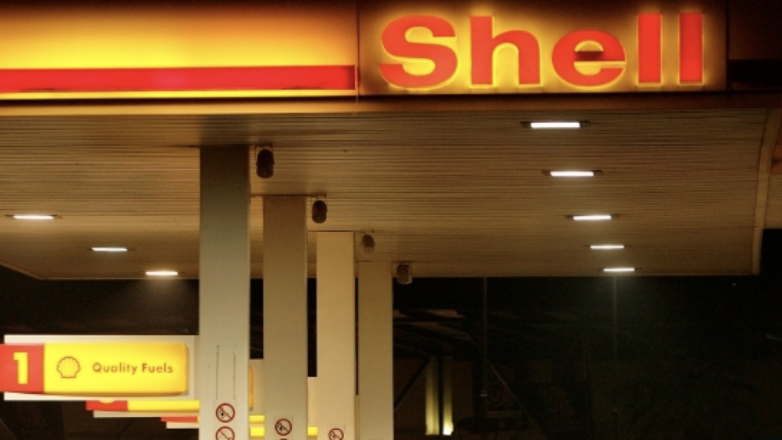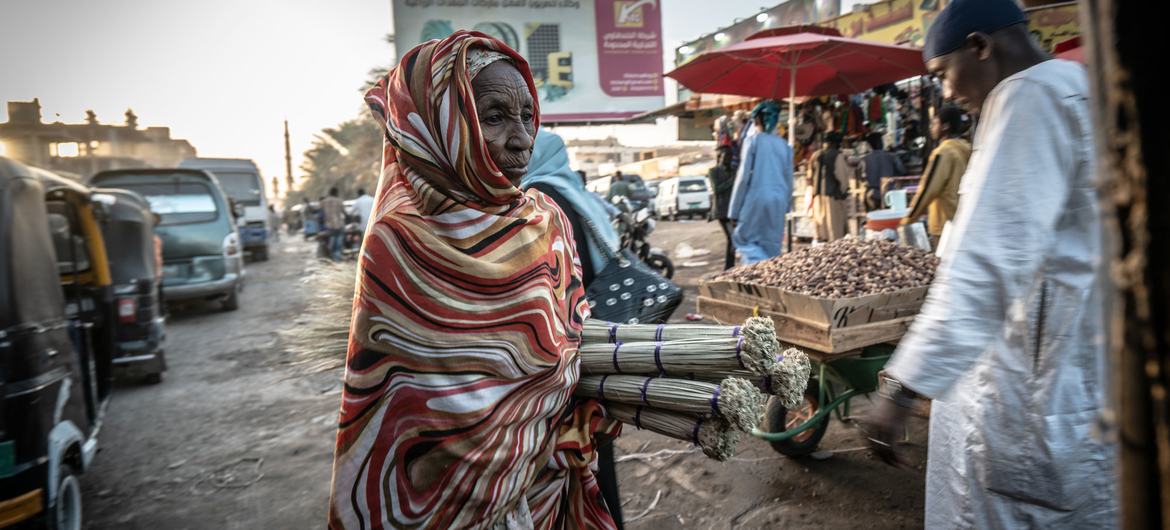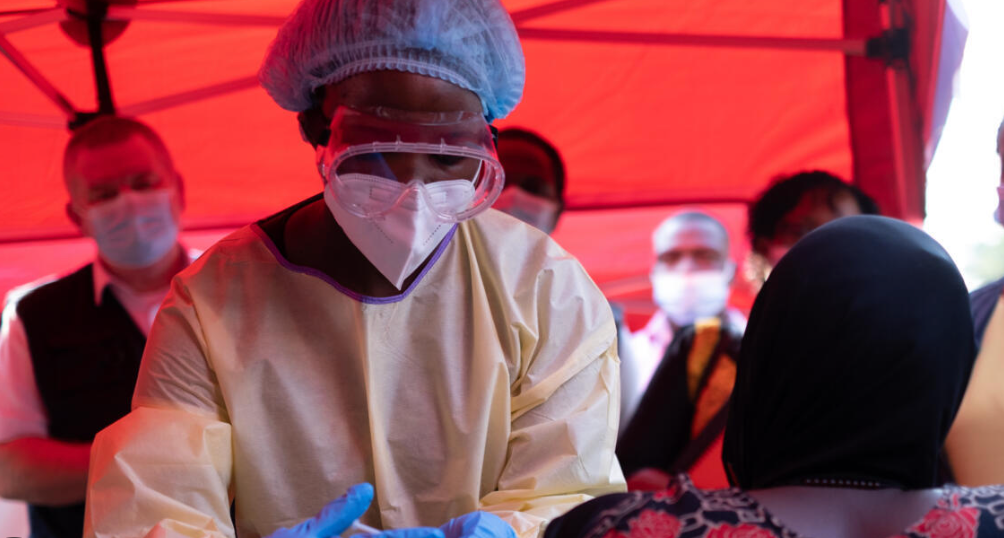
South Africa: Gunvor faces local resistance in its conquest of gas stations
Energy giant Gunvor, often considered a predator in the market, has recently stumbled in its quest to establish itself in the South African gas station sector. While its admission to the coveted Shell station ownership group was thought to be a breeze, the reality is far more complex.
A deal that makes waves
As South Africa grapples with unprecedented economic challenges, Gunvor's entry into the Shell gas station market was expected to offer a breath of fresh air. However, the road ahead is proving more fraught than anticipated. Regulatory agencies, sensitive to the concentration of power in the hands of a few multinationals, are beginning to raise their eyebrows. Indeed, the South African Competition Commission has already signaled that it will scrutinize the transaction. Barely announced, the thrill of an investment was already tainted by the main focus of the debate: competition and fair market access.
Issues that go beyond simple business
For South Africans, this transaction represents more than just a simple sale of gas stations. It's a symbol of the struggle for economic sovereignty. In a country still marked by racial and economic inequality, the presence of multinationals like Gunvor in strategic sectors raises questions. For them, it's not just a question of profit, but a question of control. Residents are therefore asking the question: "Who is really benefiting from our country's resources?" This is a legitimate concern, especially when one recalls the impact foreign companies have had on the local economy and employment.
A reaction from local actors
The outcry from local industry players was swift. Several small businesses have already expressed concern about potential predation by Gunvor, fearing that their room for maneuver will be reduced to the benefit of this multinational. Civil society is also organizing to defend the idea of a fair market. Meanwhile, the political world is watching. Faced with the wave of protests, some MPs are beginning to consider reforms to protect the local market. Why wait until the Syrian Pancake can compete with giants where the odds already seem stacked?
While the future of this negotiation remains uncertain, it is clear that Gunvor will face a much more hostile environment than expected. An important lesson for all multinationals considering setting foot on the continent: South Africa is more than just a market; it is a battleground for equality, justice, and economic justice.



Leave a comment
This site is protected by hCaptcha and the hCaptcha Privacy Policy and Terms of Service apply.